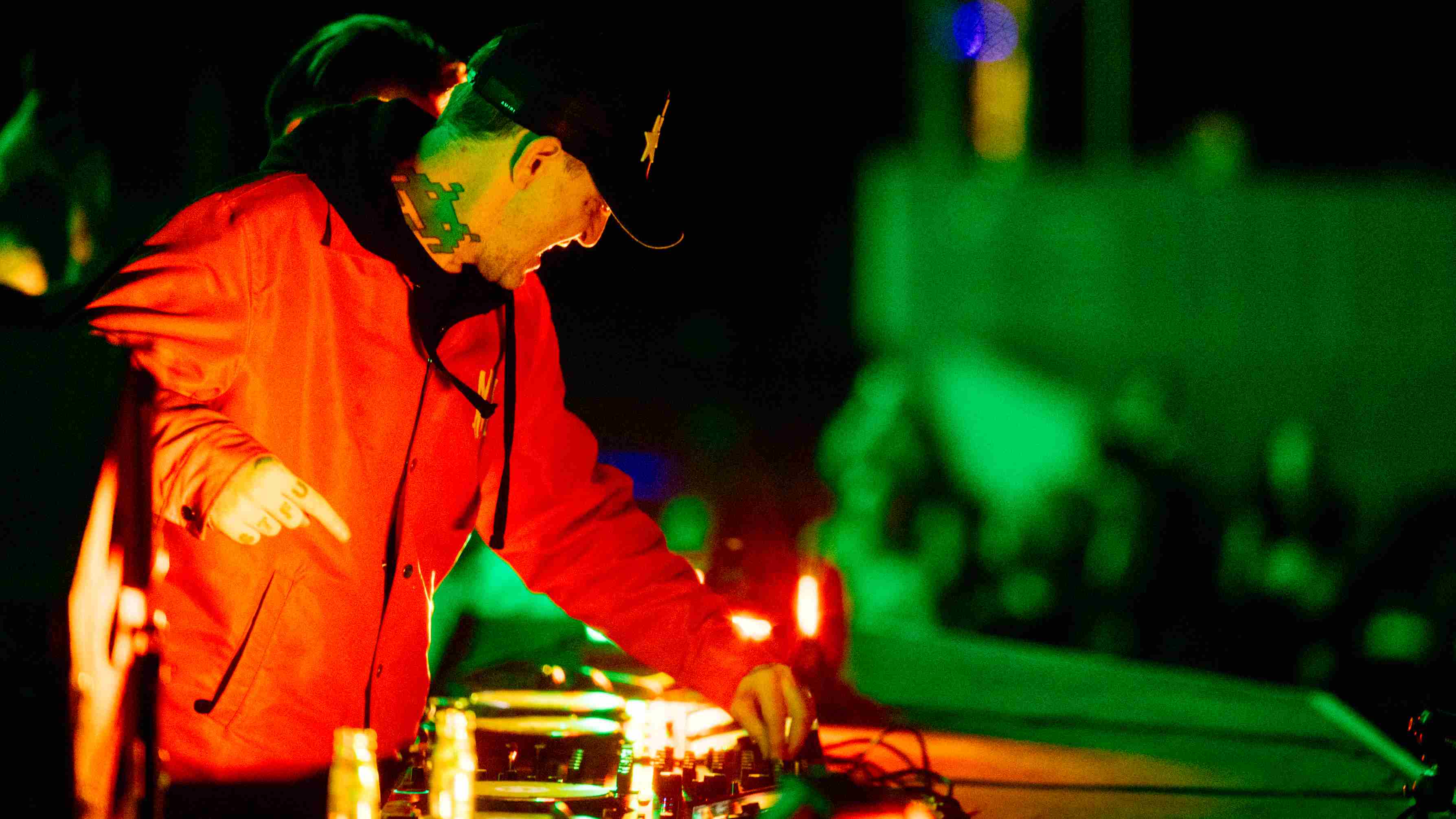Spitfire Audio shifts gears with Trinz Colours PST, a new drill sample library
It’s the first release from its Quality Music Freak division
Best known for its film soundtracking-focused sample libraries, Spitfire Audio is now offering something more contemporary in the shape of Trinz Colours PST. Promising “fresh sounds, loops and textures from the UK drill scene,” this gives you a toolkit of sounds that you can use to create complete tracks.
Trinz Colours PST is Spitfire’s first collaboration with QMF (Quality Music Freak), a new creative division within the company that promises to bring “a contemporary perspective to sample libraries”. It’s been curated by drill producer Trinz, and contains a total of 48 editable presets.
These are divided into three sections - Loops (20), Keys (20) and Drums (8). The multi-instrumental loops can be triggered as a complete performance in the lowest octave of your keyboard, and each of the stems has been split and colour-mapped across the remaining octaves.
The Keys section contains everything from subs to classic synth and electric piano sounds, while the Drums section offers both Trinz-created loops and complete kits. You can sculpt the sounds using a variety of effects.
“The name Colours PST is inspired by my sound palette,” says Trinz. “I try to create a whole spectrum of colours in my music - personal to me, but open to any genre. People listen to music for the lyrics, but personally, I listen to it for the message from the producer.”
Trinz Colours PST is available now priced at $29/£29/€29, and runs in Spitfire’s dedicated plugin. Find out more on the Spitfire Audio website.
Get the MusicRadar Newsletter
Want all the hottest music and gear news, reviews, deals, features and more, direct to your inbox? Sign up here.



I’m the Deputy Editor of MusicRadar, having worked on the site since its launch in 2007. I previously spent eight years working on our sister magazine, Computer Music. I’ve been playing the piano, gigging in bands and failing to finish tracks at home for more than 30 years, 24 of which I’ve also spent writing about music and the ever-changing technology used to make it.









